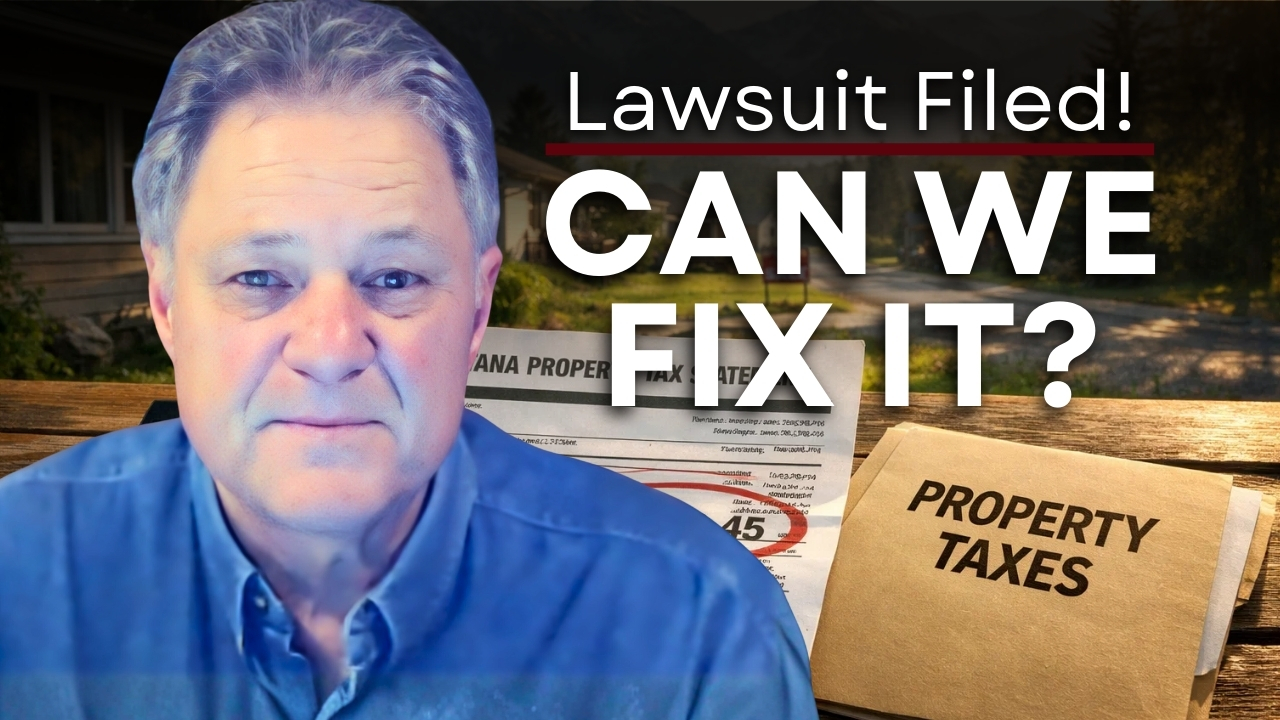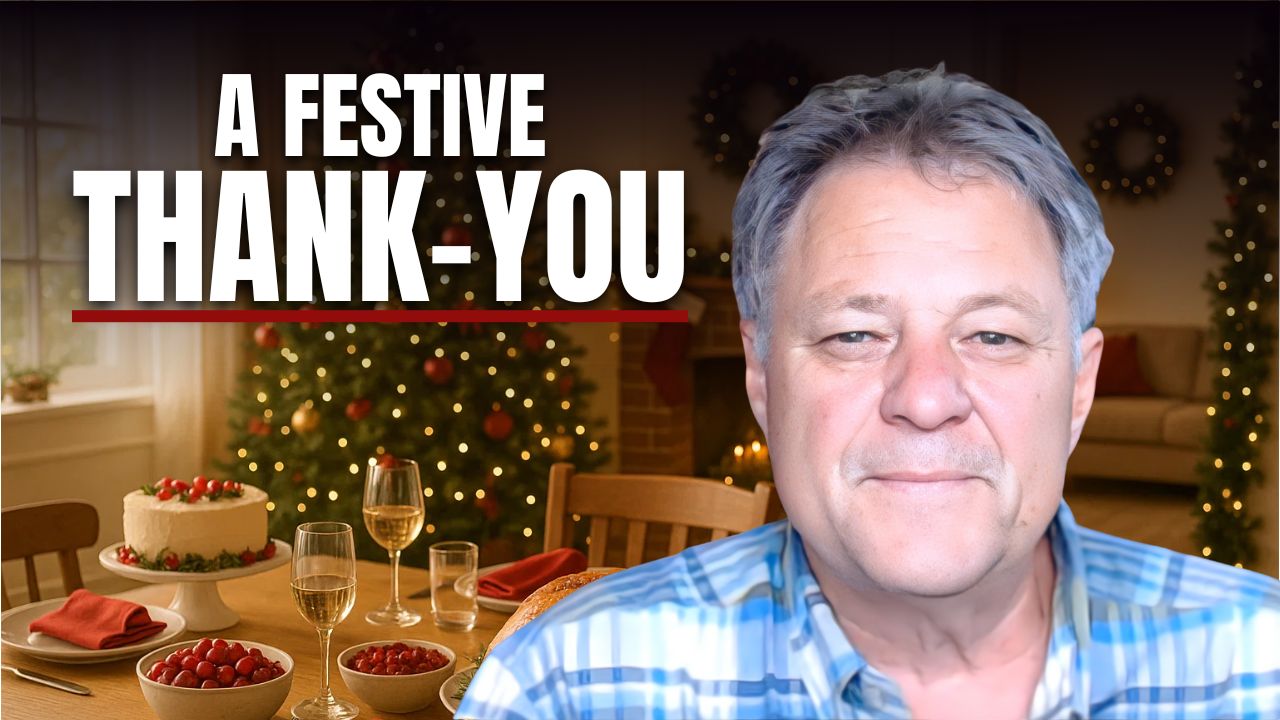Looking to Buy a Home? Search the entire MLS for homes located in the Flathead Valley.
Home Search
As a real estate agent, there’s probably one topic I get questions about more than any other: Pricing. Whether you’re looking to buy or sell a home, everyone has questions about how agents determine the right price for a home. While finding the right price for a home isn’t very difficult, it can definitely be a little confusing. That’s why today, I’m going over a few common mistakes people make when pricing homes you need to avoid:
Mistake #1: Not paying attention to current market conditions. The market has slowed down a lot since the peak pandemic years; however, things haven’t exactly crashed either. If you check out the graph at 0:58 in the video, you can see that price reductions have been increasing each month in 2024. This is because people are pricing their homes based on where the market has been, not where it is. You can still get a great deal in this market, but if you try to chase the peak of a few years ago, your home might not sell for a long time since buyers have more options.
Mistake #2: Pricing based on what you “need” instead of what your home is worth. The truth is that market demand from buyers determines your final sales price, not your initial listing price. If your initial price is too high, you could end up chasing the market. In other words, each time you reduce your price, you’ll be too late; the market will have already changed again. In my experience (and according to the data), homes that end up chasing the market end up selling for less than they would have if they just listed at market value to begin with.
Mistake #3: Pricing high to leave room for negotiations. I understand the logic on this one, but it misunderstands what the point of your initial price is. Your listing price should try to draw in as many buyers as possible while still getting full value. If you list high to leave wiggle room in negotiations, no one will end up putting an offer on your home. In other words, you can’t negotiate with silence.
I recommend you work with your agent to find a price that hits a perfect middle ground: Not too high to turn off buyers, but not so low that you leave money on the table. If you have questions about pricing or anything else related to the real estate market, please call or email me. I look forward to hearing from you!
-
Let’s Explore Your Selling Options. We will help you sell your home at the price and terms you want. Schedule your Selling Strategy Call
-
Property Value Estimate. Know the Value of your property with real data and experience. We can help you make an informed decision. Schedule a Home Valuation Consultation
-
Looking to Buy a Home or Land?. Search the entire MLS for homes and land in the Flathead Valley. Home Search
-
E-Newsletter. Get our latest Q&A, insights, and market updates to make smarter decisions. Subscribe Now




